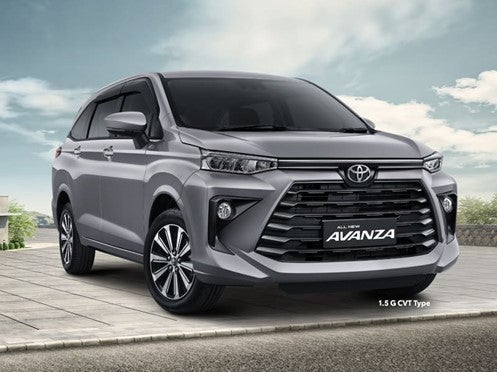
New vehicle sales in Indonesia rose 3% to 101,048 units in March 2023 from 98,536 units a year earlier, according to member wholesale data compiled by local automotive industry association Gaikindo.
The market continued to recover from the 2020 pandemic low last month, albeit at a slowing rate against increasingly strong year earlier comparisons. The economy had remained buoyant despite fears of a global slowdown with first quarter growth expected to come in at around 5% helped by a rebound in the tourism sector and strong investment and exports.

Discover B2B Marketing That Performs
Combine business intelligence and editorial excellence to reach engaged professionals across 36 leading media platforms.
Bank of Indonesia had hiked its benchmark interest rate to 5.75% earlier this year in response to rising inflation, up from a historic low of 3.5% at the end of 2021.
Vehicle sales in the first quarter were up by 7% at 282,125 units from 263,822 with sales of passenger and commercial vehicles both rising 7% to 211,381 and 70,744 units respectively.
At the beginning of April, the Indonesian government lowered sales tax on battery electric vehicles (BEVs) to 1% from 11% to help drive sales which were 1,800 units in Q1 compared with 350 a year earlier. The government wants to expand the national EV charging network to help achieve its target of 2m BEVs in use by 2030.
Toyota sales increased by less than 6% to 85,777 units year to date while Daihatsu volume was 7% higher at 54,341 units. Honda’s recovery continued with sales surging 33% to 47,027 units driven by new models including the recent arrival of the new WR-V.
Mitsubishi sales continued to plunge last month, by 35% to 21,942 units after growing strongly last year, while Suzuki sales were flat at 22,436 cars.
Vehicle production increased 6% to 392,743 units year to date while exports of assembled vehicles surged 40% to 133,928 units.






